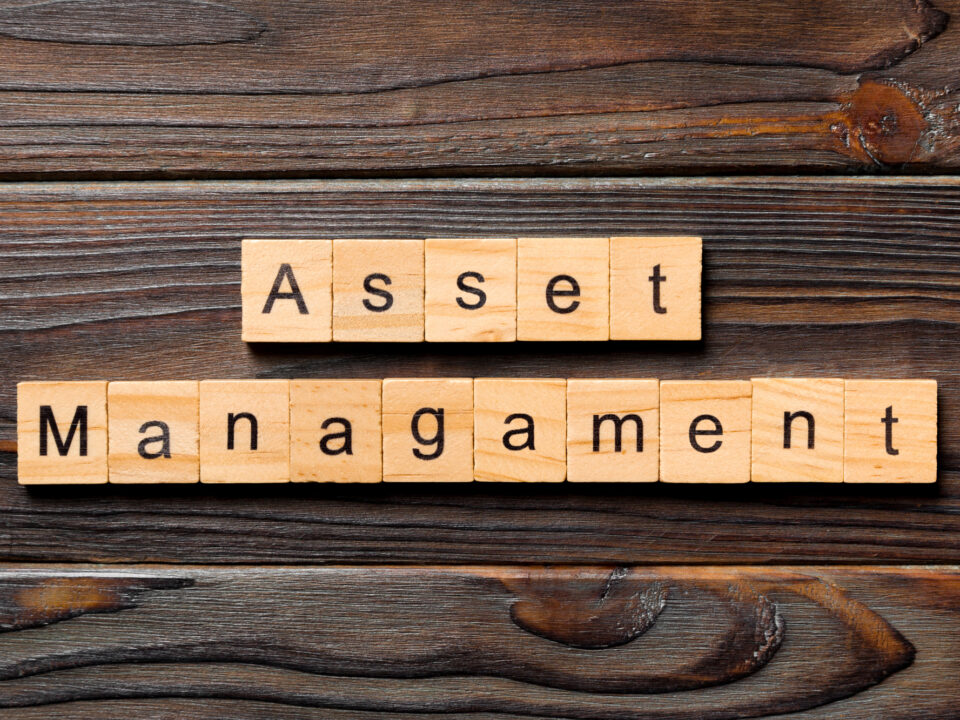The Difference Between Investing In or Out of a Recession


Have you ever noticed that smart ultra-wealthy investors never panic during a crisis? While everyone else gets caught off guard by recession-inducing events like COVID, inflation, and wars, the ultra-wealthy sit back and ride out every storm. Why is that?
It’s because they have different investment objectives than the average investor. While the average investor is wholly dependent on appreciation for growing their portfolios, the ultra-wealthy have a multi-prong attack that grows their portfolios faster than the average investor’s strategy and shields them from the downside.
In a down market, while the dimming prospects for growth send the average investor either scrambling for the exits or reeling, the ultra-wealthy stand firm.
Why is that?
Because they invest with the same objectives whether in or out of a recession – objectives that are very different from the average investor. Their goals always remain the same.
The challenge for many investors as their net worth grows is breaking out of traditions that keep them from progressing and adopting a mindset of the ultra-wealthy investor. Breaking out of the prevailing mindset about money and investing that’s been drilled into their understanding of money and investing since they were young is the ultimate challenge for many investors looking to take the next step in their investing journey.
The ultra-wealthy all found themselves at this exact crossroad at one point or another in their lives. No matter how they came into more money, whether through rising in the ranks of their jobs or some other way, they had a choice to make. They could either stick to the norm or invest with a higher purpose in mind. They chose the latter.
The challenge for many who find themselves at this threshold of having more money to invest is how to invest and, perhaps more importantly, how to break out of the mindset they grew up with and the relationship they developed with risk. Many who are now ultra-wealthy were raised during very different times than today. They weren’t raised by ultra-wealthy parents or with an ultra-wealthy mindset. They grew up being taught what everyone else was taught, but they found a way to adopt a different mindset from the norm.
So, what’s the difference between the ultra-wealthy mindset and the average mindset instilled in us since our youth?
Many of us were taught that returns were correlated to risk when it came to investing. Higher returns could only be achieved through taking on more risk, a/k/a speculating.
It’s because of this risk-return relationship that investors usually take one of two routes:
- They play it safe by rolling their savings into something safe like a diversified 401(k), mutual fund or index fund; treasuries; or some other low return fixed income option
- They speculate and play the timing game. For many, there was no other choice.
For the ultra-wealthy, a switch flipped inside their heads. As their income grew, they were no longer satisfied with the two traditional options.
They were no longer satisfied because their objectives had changed. No longer were they content to make it to the finish line of retirement. They wanted to kick the door down. They wanted to accelerate their retirement timeline and break the chains of their jobs, and once they accomplished that, they started thinking beyond themselves. They wanted to plan to leave a legacy for future generations, and they knew that neither 401(k) ‘s nor playing the timing game were going to get them there.
While society gave these ultra-wealthy investors the two investment choices of low risk, low return assets or speculative ones, they were interested in far different objectives.
What are these objectives?
- Passive income could be compounded through reinvestment.
- Assets that could not only produce income but could add another element of returns through appreciation over time if held long-term.
- Capital preservation through a tangible asset that would not be wiped out overnight, like 50% of the stock market post-2008 real estate crash or 33% in the early days of COVID.
- Insulation from market volatility.
- Hedge against inflation.
- Risks that could be mitigated without sacrificing returns.
- Maximizing returns through tax savings.
These objectives inevitably led the ultra-wealthy towards private commercial real estate assets that met their higher investment objectives that traditional assets like stocks and bonds could not.
Tangible assets like private real estate that could generate passive income and be reinvested to compound returns over time along with appreciation, insulated from market volatility, and capable of preserving capital were ideal for creating the type of generational wealth these savvy investors were now focused on.
And, these objectives never waiver – whether in or out of a recession.
Related posts
Understanding the Distinction Between Asset Management and Property Management in Multifamily Real Estate
Read more
Changes In the Bonus Depreciation Rules and How It Impacts Real Estate Investments
Read more


